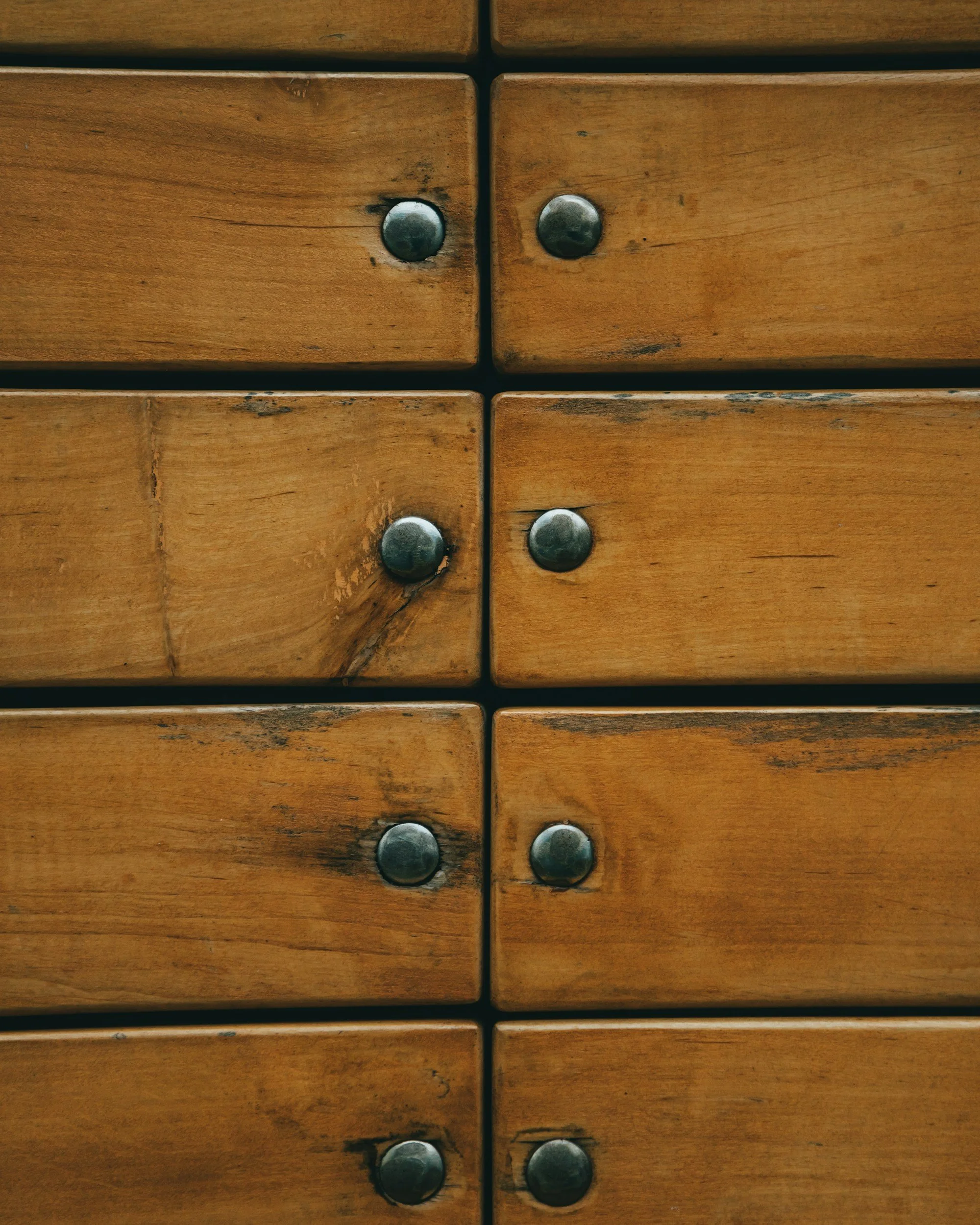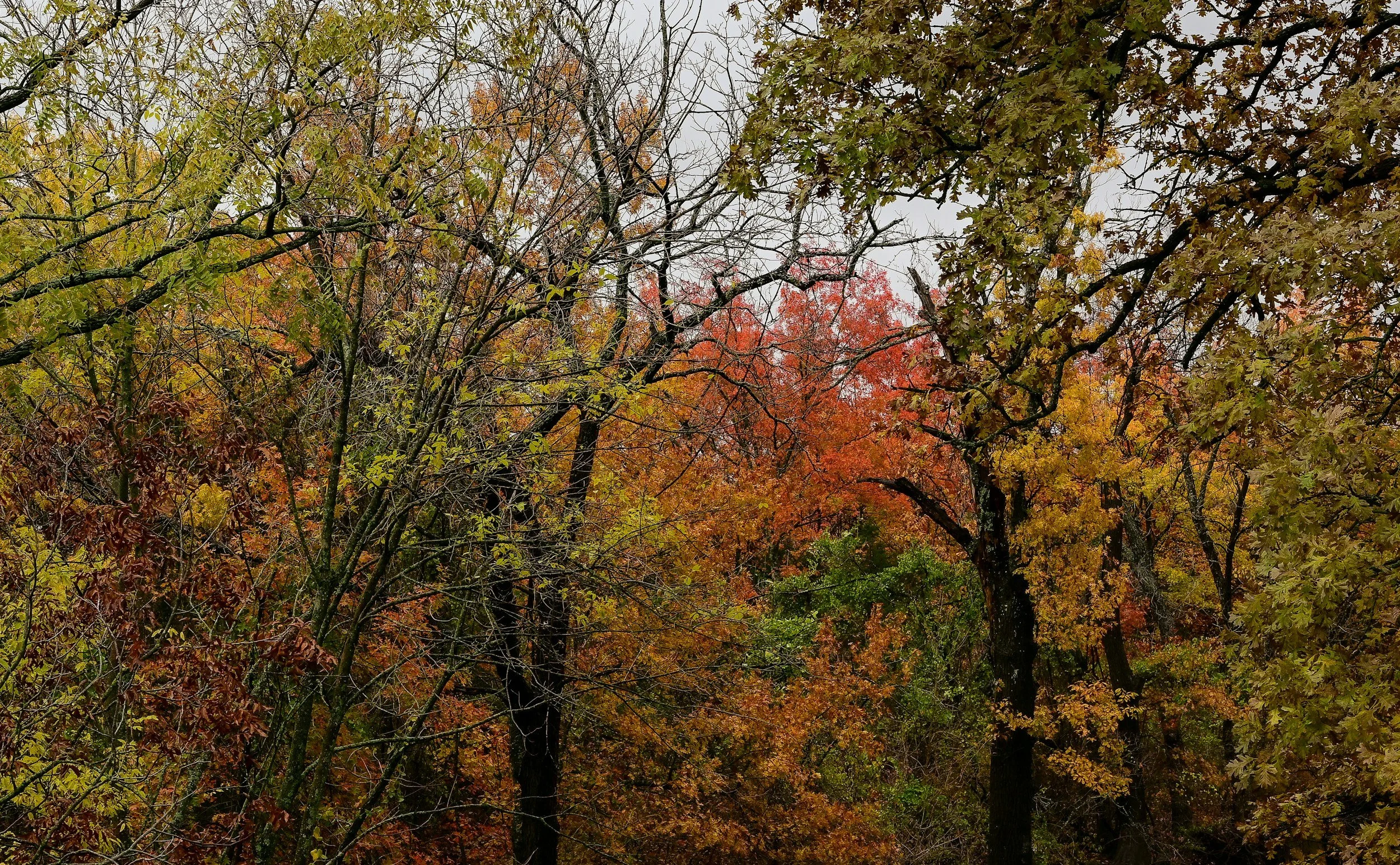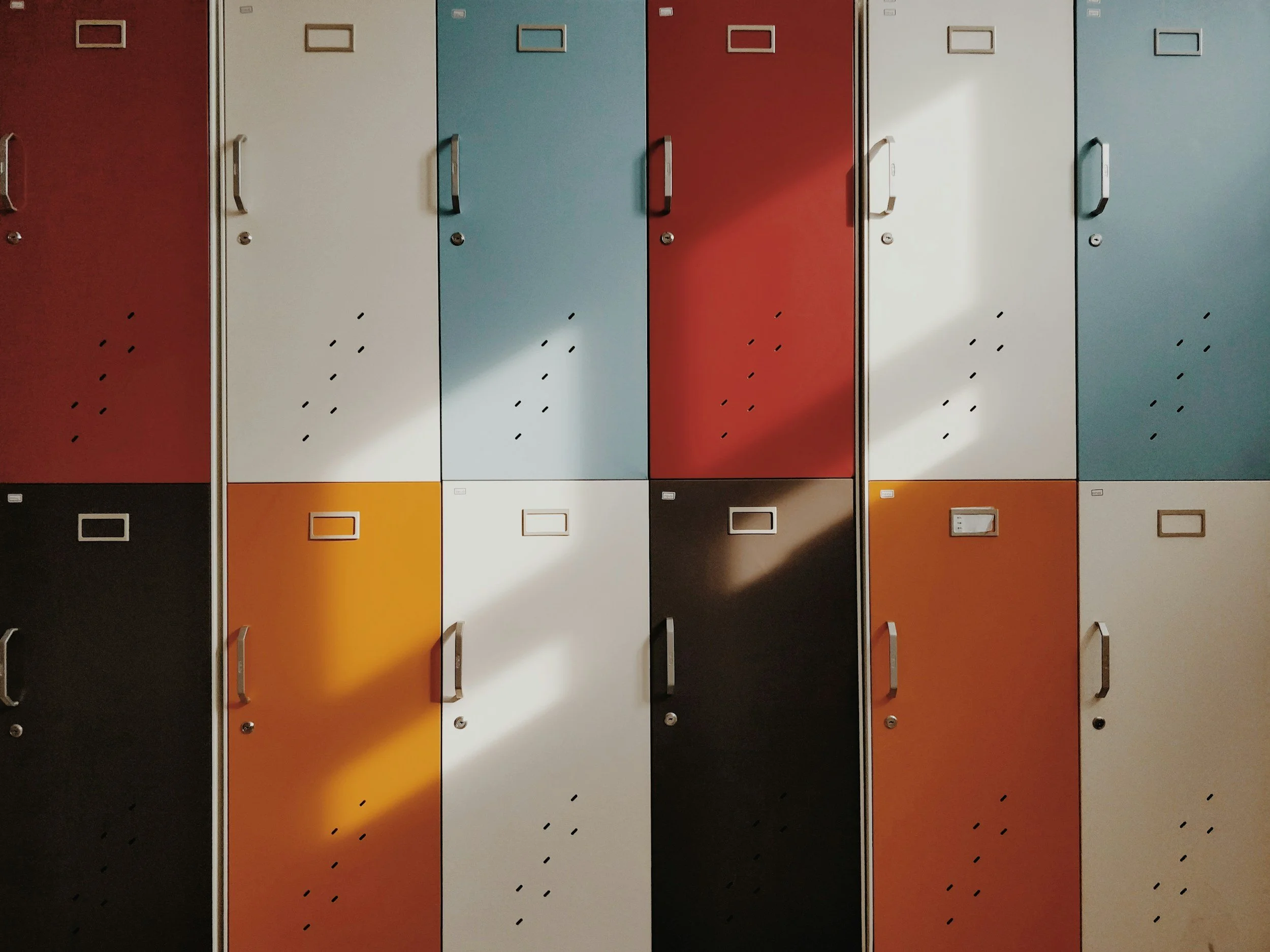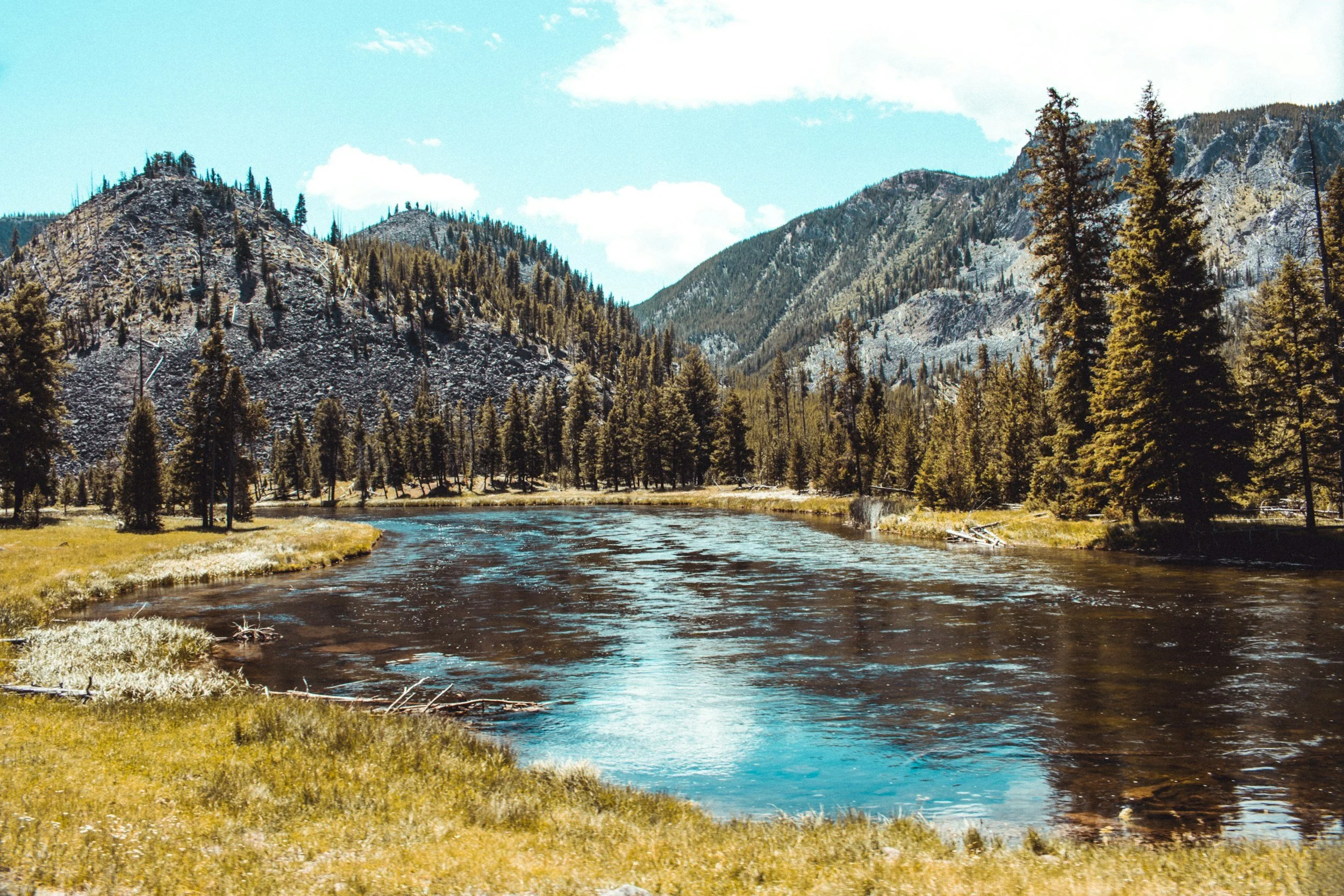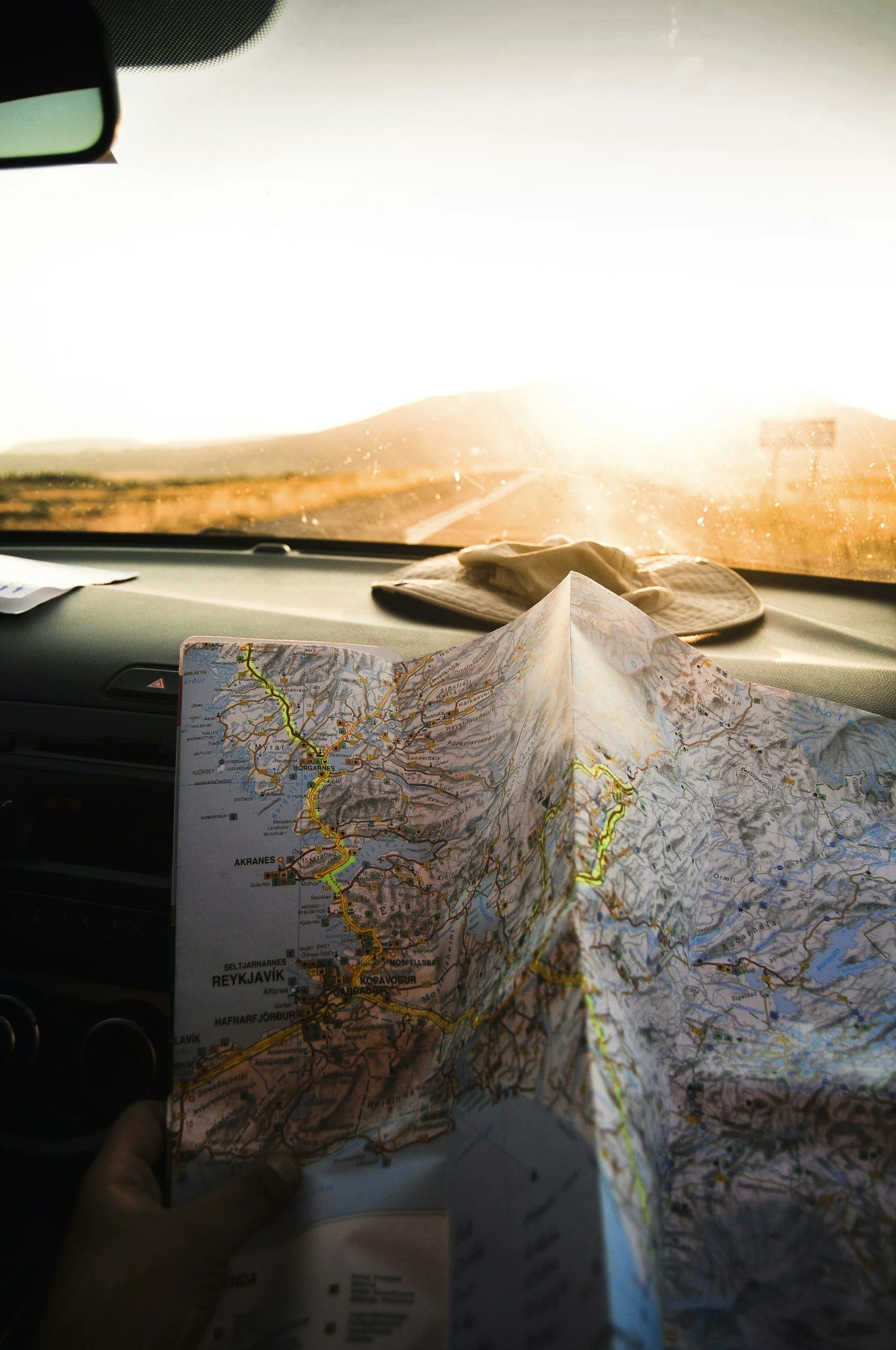Why We Came
When they ask me, I tell them we came for the rain.
It’s easy that way. It makes them laugh. It’s the dog walkers who always want to know. A passing conversation in the park. They usually talk about Mochi’s long legs first. Like a mom with a new baby, I let them gush over him. No, he’s not a puppy, just small. Yes, he’s enthusiastic. I tell them he’s a rescue and an immigrant too. He was my carry-on luggage, stored safely below the seat in front of me from San Francisco to Dublin. We linger for a few minutes, as our dogs take the time to sniff. Then they ask, they always ask, why did we come?
I tell them we came for the rain.
I don’t tell them about the river. The river of my youth, and of hers. The one Van sang about too. I don’t tell them how sometimes, in recent years, it can grow thick with toxic algae at summer’s end. Last week, I dreamt it was so thick it looked like the images I’ve seen of melting glaciers, when huge chunks of ice float away, covering sea water, stranding polar bears. In my dream, we were the polar bears. Instead of tanned bodies stretched out on their inflatable tubes, lazily floating by our small beach cabana we built each summer, I watched algae icebergs floating downstream. There was nowhere to swim. Nowhere for the osprey to dive down from the sky for dinner. I couldn't hear the aluminum canoes, the ones the tourists rent, scraping along river stones sometimes. I couldn’t hear her playing in the water with friends, my childhood summers becoming hers, echoes of laughter bouncing off river water, rippling like a skipped stone. I desperately found a tiny bit of river and jumped in. Submerged my summer body. Searching for relief beneath the sun, searching for what we’d lost. And I only felt heat. The water was too hot. I woke up.
I tell them we came for the rain.
I don’t tell them about the fires. While we were getting her ready for school, lives were lost just twenty minutes away. Her first grade classmate lost her home. Her family barely escaped the approaching flames. I don’t tell them about the smoke, either. How it can blow in from far away fires and hang heavily in the air. I don’t tell them about the App for tracking fires, the notifications for “red flag warnings," or that people in our town were wearing N95 masks long before COVID. I don’t tell them we’ve evacuated our mountain home more than once, each time eventually returning, grateful that the home we’d built was still there. One year we came back to find ashes and singed leaves on our deck. Even though I quickly swept the deck, trying to hide those leaves from her, she found one. I don’t tell them how I packed up possessions while she was sleeping, trying to make our evacuation look like a spontaneous vacation to her young eyes. She’s too old for that now. What do you choose to bring when you have a few hours to pack up your life because the wind could shift and a fire could come? My boxes of journals and photos, of course, art taken down from walls, her first drawings and her handwritten apology notes, my dad’s favorite hat bought in Glengarriff years ago, our Christmas stockings.
I tell them we came for the rain.
I don’t tell them about the guns. They watch the news. They know. But do they know teenagers carry around their books all day? That the lockers were taken away. Fences have been built around schools, like jails now. I don’t tell them she played soccer with a girl. That girl had a cousin. That cousin was nine. She was in the hallway when a shooter went to her school in Nashville last year. Even in a country that is too big for its own good, it’s never far away. When we moved, she came home from her new school and exclaimed, “They don’t have lockdown drills here!” I’ve grown more fearful of the school shootings since we left. They look different from the outside. They are the reason I don’t want to go back.
I tell them we came for the rain.
I don’t tell them we came because of him. I refuse. It’s my form of protest, but I know it’s true. We marched for women when he was elected. I pushed her in her stroller. She held a sign, “Tell Trump girls and boys are equal.” She brought her baby doll that day. The one she’d named after me. I taped a post-it note to baby Sarah’s chest that morning. “Babies against Trump.” I don’t tell them I feel I should be there now, that I should be there marching to try to stop his rising tide. Marching to feel like my voice matters there, still. Marching to reclaim some part of me that will always be of that place. Marching to find some part of that place that can be in me, and in her, still.
I tell them we came for the rain.
But I want them to know. I want them to know about the golden hour too. On our deck, I’m setting the table for dinner. Miles Davis, “Blue in Green.” Scent of my mother’s summertime kitchen. Garden tomatoes, garlic, olive oil, basil, lemons. We watch the mountainside turning pink. The blue heron and egret below. Deer crossing the river, searching for fallen plums. Leaves dancing in the fading light. We gather. Dinner is served. Seated in the night air. We talk, laugh, dream. And then, the crickets. The crickets and the stars.
-Sarah Walsh
Sarah Walsh is a writer and a faculty member at Mendocino College in Ukiah, California, where she runs the English as a Second Language Program, and teaches English to immigrant students. She is currently living in Cork, Ireland with her husband, teenage daughter, and their pup Mochi.

